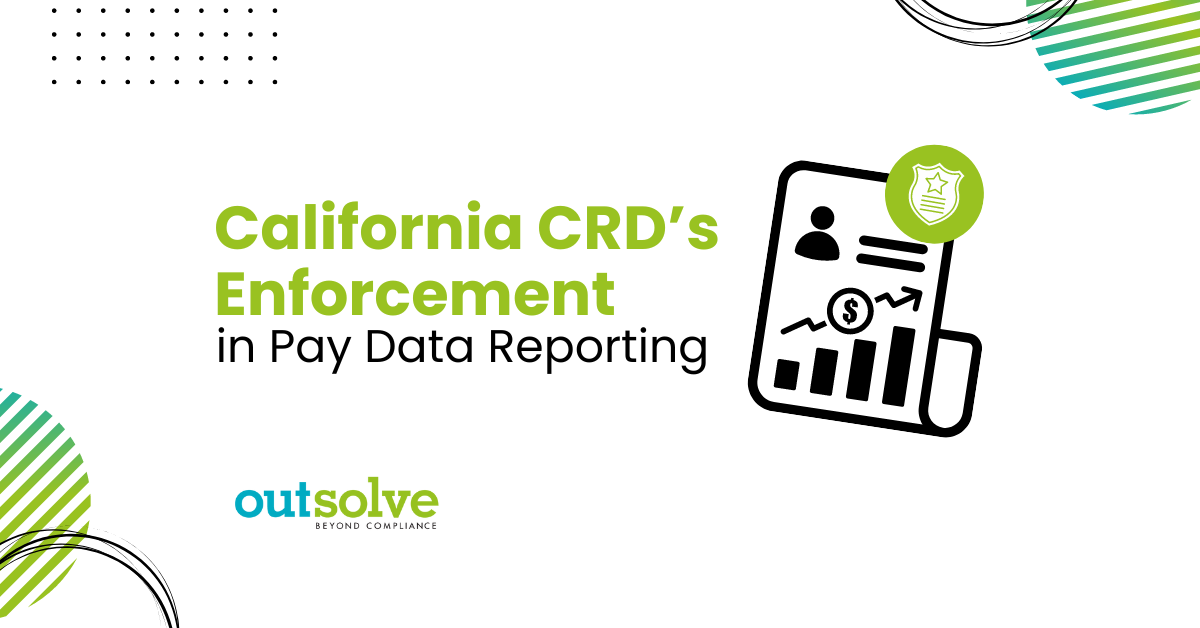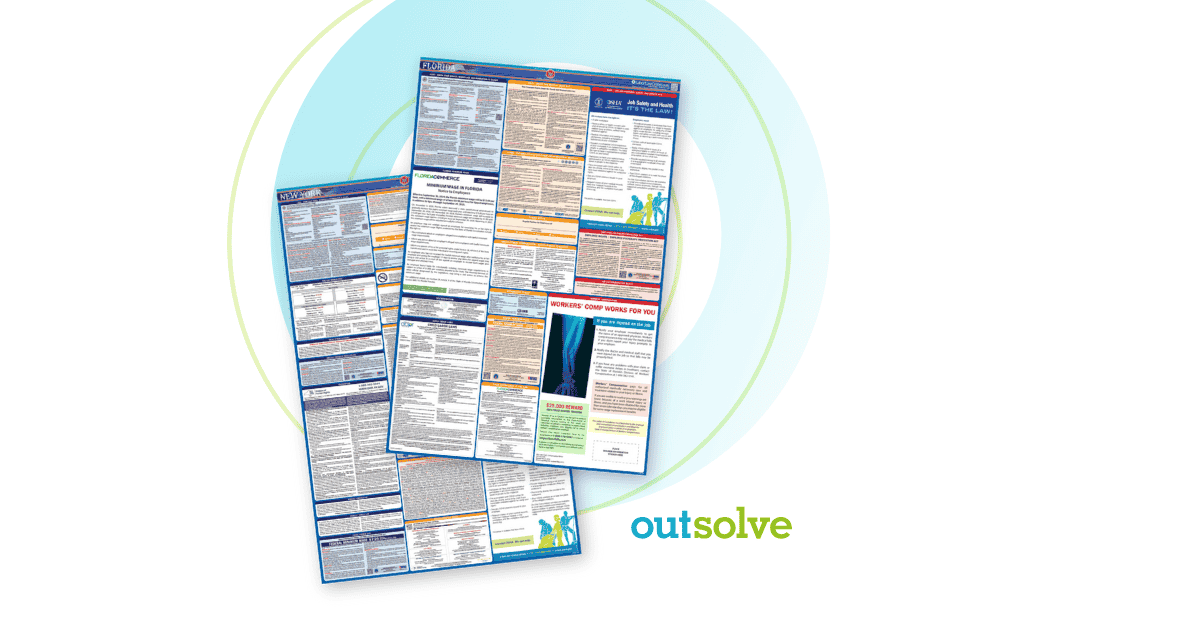1 min read
California Civil Rights Department’s Enforcement Action Highlights Risks in Pay Data Reporting
 Debra Milstein Gardner
:
Feb 21, 2024 10:45:00 AM
Debra Milstein Gardner
:
Feb 21, 2024 10:45:00 AM

As the 2023 California pay data reporting cycle commences, a recent enforcement action by the California Civil Rights Department (CRD) serves as a stark reminder of the consequences for employers who fail to comply with mandated reporting requirements.
Private employers with over 100 employees in the United States, including at least one employee in California, are obligated to file annual payroll employee and labor contractor employee reports. Failure to do so can result in penalties of $100 per employee for a first violation and $200 per employee for a second violation.
In a recent case announced on July 5, 2023, a home healthcare company faced legal action from the CRD for its failure to submit employee pay data reports for the years 2020, 2021, and 2022 despite repeated warnings. The company ultimately settled, agreeing to pay approximately $100,000 in penalties and costs and committing to timely filings in the future. CRD Director Kevin Kish emphasized the significance of compliance, stating that companies failing to adhere to California's reporting mandates will face accountability.
The passage of Senate Bill 973 in 2020 empowered California to collect pay data, recognizing persistent gender pay gaps that disproportionately affect women and people of color. The legislation aims to address these disparities, with data from 2021 revealing inequities in pay distribution across demographic groups. In 2022, the Legislature expanded pay data requirements under Senate Bill 1162 to include labor contractors.
Moreover, the CRD has pursued similar cases against large companies, securing two stipulated judgments in 2022. Employers and employees alike can access general information on California's pay data reporting process and seek assistance through CRD's complaint process if they have experienced discrimination.
With the looming deadline of May 8, 2024 for the 2023 pay data, employers must ensure their preparations are in order.

The CRD aims to combat gender and racial wage gaps through annual reporting, encouraging employers to conduct self-assessments of pay disparities and promoting voluntary compliance with equal pay laws. This enforcement action underscores the broad coverage of California's pay data reporting requirements.
If you need assistance filing your annual pay report, please contact us today.
Debra Milstein Gardner has worked in the Equal Employment Opportunity (EEO) and Affirmative Action (AA) space for the past 43 years while working in the public and private sectors in various human resources compliance roles. She began her career working for the Equal Employment Opportunity Commission and then went to the Marriott Corporation for nine years working in EEO, Affirmative Action and field human resource roles. In 1990, Debra founded Workplace Dynamics LLC providing EEO, AA, and DEI consulting services to government contractors. In 2016, Debra sold the affirmative action portion of Workplace Dynamics to OutSolve LLC and works part-time as a Market Analyst. Debra is a sports fanatic, routing for the Baltimore Ravens and all Virginia Tech Hokie teams. She loves to hike and boat in her mountain and lake community of Lake Lure, NC.
Recent Posts
Related Posts

The Ultimate Guide to Multi-State Labor Law Posters
Human Resources professionals understand how important and challenging it can be to remain updated and compliant with labor laws. This is especially...

Countdown: Final Days of the 90-Day Safe Harbor Period for AAPs
April is here and with that comes the end of the 90-day safe harbor period for federal contractors complying with EO 11246. As April 21, 2025,...

What Triggers an I-9 Audit? Key Factors You Should Know
Verifying proper identity and work authorization documentation for every employee is a crucial HR compliance function - not just for a company’s...


